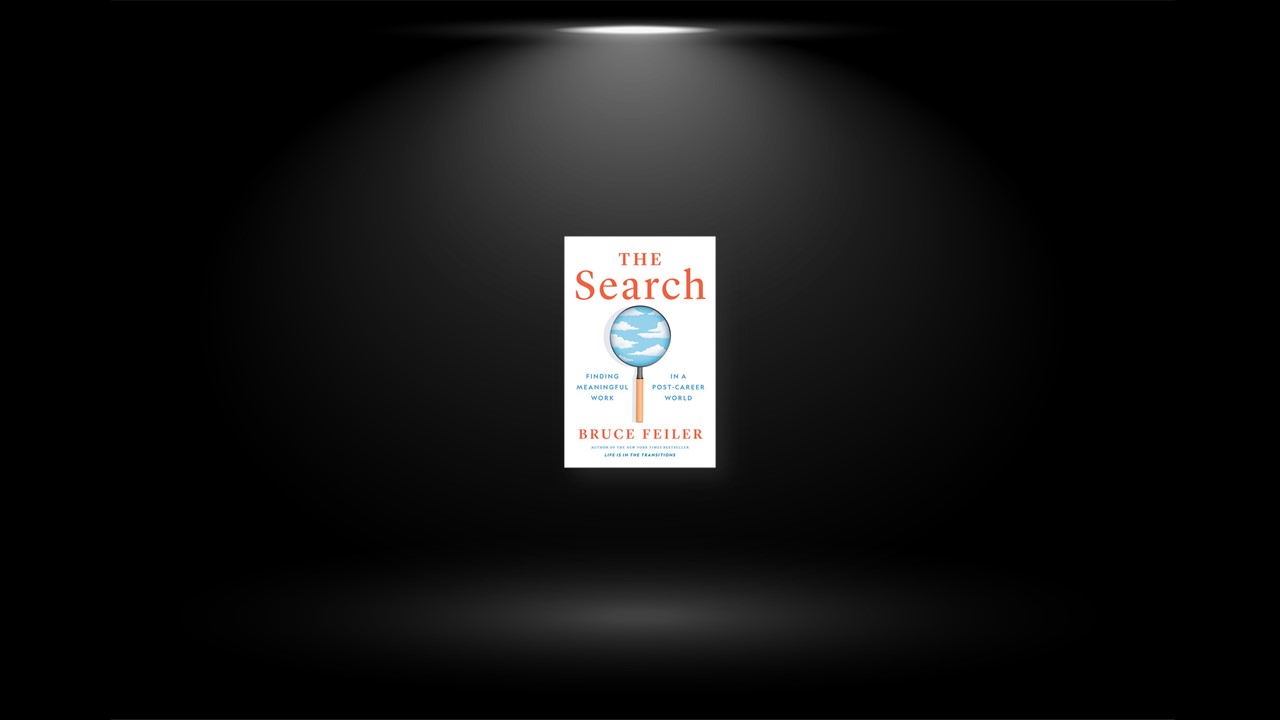Lie #1: You Have a Career
To think of work primarily in terms of a single employer, a single profession, even a single skill set is deeply misguided. The world is no longer linear; to expect work to be linear is a mistake.
A brief look at some numbers helps explain. In a little over 150 years, we’ve gone from one undersea cable running the telegraph to 380 undersea cables running the internet; in a little more than sixty years, we’ve gone from one satellite in the sky to 7,500; in a little beyond thirty years, we’ve gone from information spreading at 280 megabytes per second to 178 terabits per second—that’s twenty-three million times faster.
As happened in every similar transition in the past, all this change has created millions of jobs in fields that never previously existed—AI, VR, esports, blockchain, cybersecurity, carbon scrubbing, 3D printing, autonomous vehicles, wearables, edibles, the metaverse. Is it any wonder that the average worker today holds twice as many jobs as their parents, or that three times as many people over sixty-five are working?
As the pace of life has quickened, the pace of work has quickened.
Lie #2: You Have a Path
Some people do make plans and follow them, of course. They set out to become doctors, or astronauts, or center fielders for the New York Yankees, and they succeed! But for far more people, even the best plans go awry. Unannounced events pop up, unforeseen figures appear, unanticipated changes occur.
The author calls these experiences—and the life-changing workquakes they trigger—butterflies. They’re both the heroes of the nonlinear work life and the enemies of the ten-year plan. Some said their butterfly was an experience—the death of a loved one, a class they took in college, a diagnosis. Some said their butterfly was a thing—a movie, lecture, a snapping turtle.
Butterflies come in all shapes and at all times. But the critical detail is that they come at all. When they do, the most important thing is not to follow your plan just because you have a plan. It’s follow your butterfly.
Lie #3: You Have a Job
The Busytown ideal of waking up, going to a workplace, and then leaving work and returning home to your family applies to fewer and fewer these days. Jamie McCallum, a professor at Middlebury College, has gathered impressive data on this topic. Two thirds of Americans are out of sync with this typical workday. Eighty percent of hourly wage-earners work atypical schedules; a majority of all workers check their work emails at night; a quarter of us do work between 10:00 p.m. and 6:00 a.m.
The emerging way that people use the word job goes well beyond paid work. If anything, it’s closer to the original definition of a job as a task. This definition already appears as the second meaning in many dictionaries, and in effect we’ve repopularized it. In this usage, a job is a responsibility, a duty, an obligation. It’s my job to organize the holiday party at work this year. It’s my job to serve on this nonprofit board. It’s my job to put my children to bed so my partner can study for that second degree.
Some of these newfangled jobs do, in fact, pay. People run errands for TaskRabbit, host Airbnbs, DJ at weddings. But almost everyone performs additional work that they consider to be a job for which they aren’t paid—in many cases, they actually pay out of pocket for the privilege. They care for the elderly, coach ice hockey, tutor, mentor, protest, podcast.
Add these paying and nonpaying jobs to our primary jobs and we’re all crofters these days!
The New Rules of Success
Success Is Not Climbing; Success Is Digging
The first new rule of success is that you won’t find fulfillment by following someone else’s script; you’ll find it only by following your own scripture. You won’t find it by claiming the largest office, securing the best view, or reaching the highest rung of the ladder; you’ll find it only by tapping into your toothaches, excavating your memories, and unearthing your dreams.
Karléh Wilson, the daughter of a struggling jazz musician in Louisiana, earned a shot put scholarship to Yale and went to work in what she thought was the meaningful field of nonprofit housing, only to quit and pursue something more meaningful: becoming a jazz musician like her father. “It was scary to me watching my dad struggle growing up. He wanted me to go to college, get a great career, and make a bunch of money. No one in our family had ever done that. But as soon as I started, I thought, Is this how people live? You work hard and nothing changes. The answer, it turns out, was inside me all along. I may not be doing what my dad thought he wanted me to do, but I’m doing something better: what I want to be doing.”
Success Is Not Individual; Success Is Collective
The second new rule of success is that no one succeeds alone. No frustration with the American success narrative comes through more clearly in conversations with today’s workers than its overreliance on self-reliance. Emerson elevated self-reliance to the pinnacle of American identity; Toni Morrison attacked his sacred cow head-on. “When you kill the ancestor, you kill yourself,” she wrote. “Nice things don’t happen to the totally self-reliant.”
Success is not I; success is we. Success is not individual; success is collective.
Success Is Not Means; Success Is Meaning
For many, the meaning still comes largely from money, and that’s OK. Depending on your personal history, money can represent security, freedom, self-confidence, or the ability to support your family. The difference between that past and today is that money is no longer the only metric by which meaning is calculated. For an equally large number of people, meaning is found through service, creativity, self-expression, or giving back. In the world of work today, the role of numbers has decreased; the role of words has increased. Success is not means; success is meaning.
Ben Conniff, the cofounder of Luke’s Lobster who left to build a sustainable seafood community in Maine, said, “You wouldn’t think it from 99 percent of the businesses out there, but there’s a role in business for people like me. People who put purpose over profit. I hope to show with our success that if you run your business exclusively to maximize profits, you won’t be as successful financially or spiritually. Especially as younger generations come into more purchasing power, people will realize that there’s value in values.”
Success Is Not Status; Success Is Story
The final new rule of success may be the most consequential: Success is not fixed; it’s always moving. Success is not a destination; it’s a narration. Orson Welles famously said, “If you want a happy ending, that depends on where you stop your story.” Success is not the pot of gold; it’s the downpours and rainbows that got you there, along with the sunshine and mud puddles that follow. Success is not status; success is a story.
Jasminne Mendez, the schoolteacher who came down with a chronic illness then became a writer, said, “My story shows that success is not perfect; it’s fluid. In fact, even when it appears perfect, something comes along and you have to start all over. I thought I had a dream life. I was a full-time teacher; I had a fiancé; we owned a town house. Then I got a rare chronic illness and boom! I had to give myself a serious sit-down. It wasn’t, Girl, what are you going to do? It was, Girl, you need a new story. I’m grateful that in this country at least we’ve normalized starting over.”


